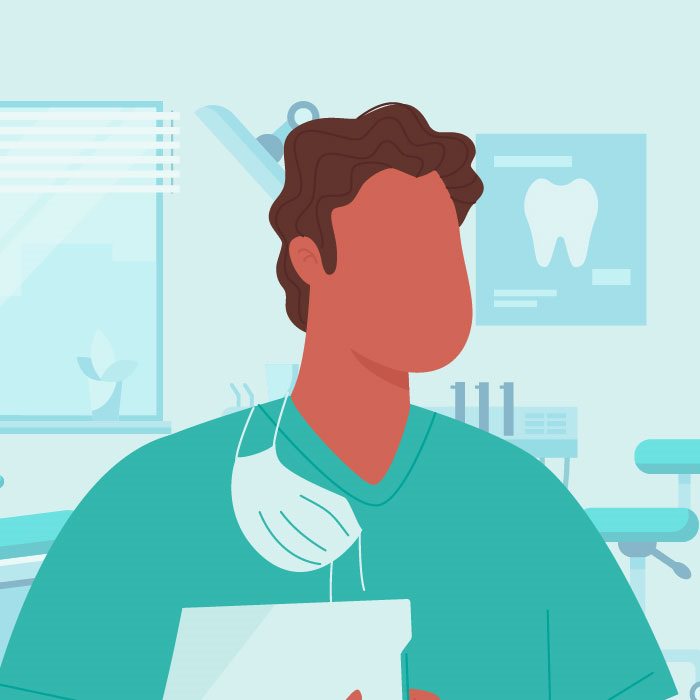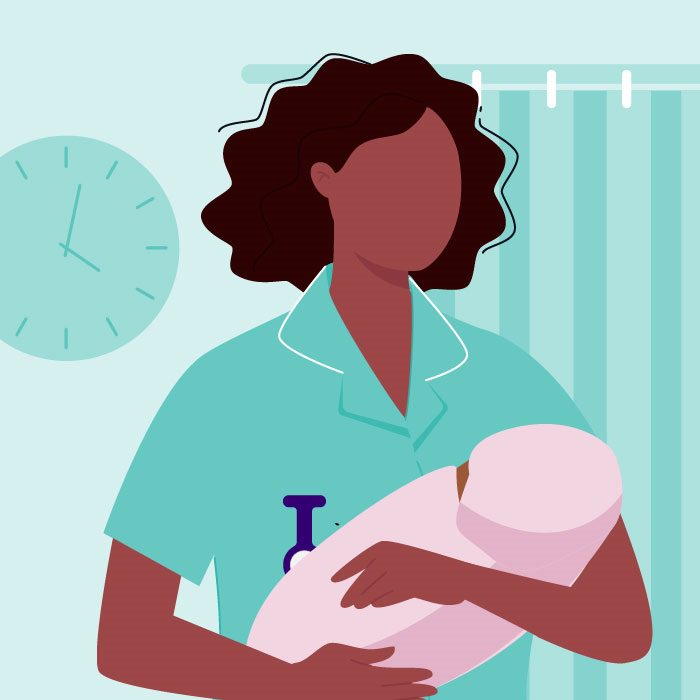Careers in health and care
Whatever your skills, qualifications or interests, there is a career in health and care for you. It doesn’t matter if you don’t have the relevant qualifications or don’t have a degree or A or T Levels – there are multiple pathways available that can support you to develop the skills, knowledge, behaviour and values required to work in health and care.
Some of these pathways include work experience, T Levels, volunteering, employability programmes and apprenticeships. You can find out more about these in the Career Pathways area.
In the NHS, there are more than 350 roles available over many professional groups: Allied Health Professionals, ambulance service team, dental, doctors, estates and facilities, health informatics, healthcare science, healthcare support worker, management, medical associate professions, midwifery, nursing, pharmacy, psychological professions, public health, wider healthcare team. You can find out more about each of these by clicking on the buttons below.
There are also multiple sectors of health and care so there will always be a health or care job close to where you live. You could work in primary care, secondary care, community healthcare, tertiary services, and the care sector. You can find out more about this on our Healthcare Structures page.
Whatever your preference, working directly with patients in a clinical role, a porter or customer service, in hospitals, in the ambulance care team, estates and facilities, administration, digital services, community care or volunteering, there are hundreds of opportunities for you to not only enter into a health or care role, but progress to the career of your dreams.
Regulated and non-regulated roles
Some careers in health and care require a professional registration with a regulatory body. This means there is a legal requirement to have certain qualifications and experience (or meet an alternative condition or requirement) to carry out certain professional activities or use a protected title. You can see a list of regulated roles on this government page.
Regulatory bodies in health and care include the General Dental Council (GDC,) Nursing and Midwifery Council (NMC,) General Pharmaceutical Council (GPC,) Health and Care Professions Council and many more.
Registrations can be gained through place-based work qualifications such as apprenticeships. An example of this is the Registered Nurse Degree Apprenticeship.
Career progression
Dependent on your personal goals, you will have opportunities to progress through professional development. Your leadership team will help you to grow your skills, gain new ones and there are opportunities for promotion to roles at a higher pay grade.
With annual reviews and appraisals and the support of our team, you’ll have career potential that matches your ambitions.
Why work in health and care?
All of those who work in health and care have one thing in common. We care. Everyone in the sector is here to do something that helps. Whether you are a receptionist, an IT technician, or a doctor, we work hard to care for people at their most vulnerable and make a positive difference in people’s lives.
Benefits
There are many benefits to choosing a career in health and care. NHS organisations have a duty of care to their staff to make sure they do all they can to assure the health, safety and wellbeing of those who work with them.
Click the link below to visit our Benefits page to find out more.
Explore careers
Click on the boxes below to find out more about the different professional groups you can find in health and care and the roles available within these. You can do a free career quiz to find out what NHS career best suits you, or visit SkillsForCare to find out more about the professional groups in the care sector.
If you are interested in finding out what courses your local college or universities offer, you can visit the Government Higher Education Courses - Find and Apply.
Not quite sure yet?
Why not visit our contact page, we would love to chat with you!
















![I23036632[EXTERNAL] ICS Health and care academy graphics_Public health Public Health Icon](https://www.kmhealthandcareacademy.co.uk/wp-content/uploads/2023/05/I23036632EXTERNAL-ICS-Health-and-care-academy-graphics_Public-health.jpg)
![I23036632[EXTERNAL] ICS Health and care academy graphics_Social care Social Care Icon](https://www.kmhealthandcareacademy.co.uk/wp-content/uploads/2023/05/I23036632EXTERNAL-ICS-Health-and-care-academy-graphics_Social-care.jpg)
![I23036632[EXTERNAL] ICS Health and care academy graphics_PM - engagement Wider Healthcare Team Icon](https://www.kmhealthandcareacademy.co.uk/wp-content/uploads/2023/05/I23036632EXTERNAL-ICS-Health-and-care-academy-graphics_PM-engagement.jpg)